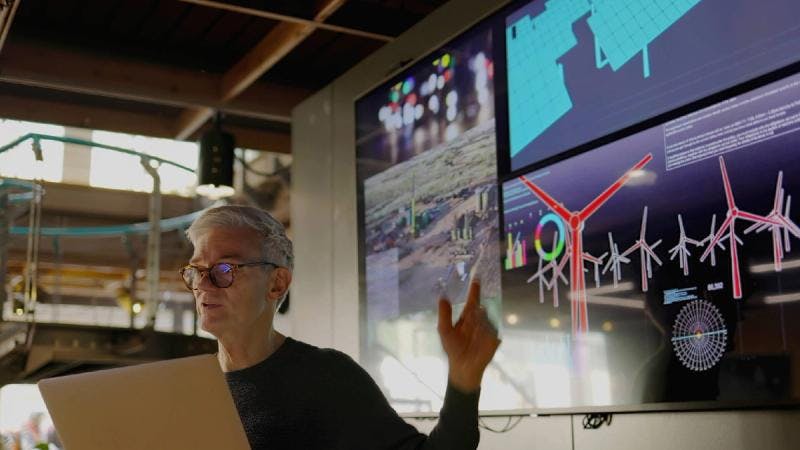Nature is the new carbon – at least when it comes to setting targets, determining corporate strategy and communicating performance to the market. Where net zero is going through a rocky maturation phase, nature is the new ESG kid on the block. Nature is the overarching theme under which concerns for the land, ocean, freshwater and atmosphere ultimately fall. It’s not surprising, therefore, that a robust ecosystem of service providers has entered the nature consulting services market at full steam. Facing this expanding market, buyers should keep in mind that:
- No one provider can deliver end-to-end services.
Three key groups of service providers, defined by their heritages, operate in the nature consulting space: strategy consultants, sustainability specialists and environmental services firms. The latter have the longest history of delivering nature-related services, under the banner of ‘environmental services’, with specialisms relating to water, waste and asset-level impact analysis, including biodiversity. They frequently offer broader services for particular asset types, such as infrastructure, real estate and industrial facilities; firms in this space include Arcadis, Buro Happold and WSP. Reflecting the immaturity of the nature consulting services market, providers have not yet managed to break out of their historic operating zones. At present, buyers looking to implement a consistent strategy must work with a portfolio of providers for end-to-end service delivery. - Digital is disrupting the nature market.
The nature services market is developing in tandem with the broader digital market for climate and nature. Organizations can develop digital-first approaches to nature, particularly for impact analysis. Services firms are integrating digital capabilities into project delivery. WSP’s Nature Vista, for example, is a geospatial screening tool designed to conduct biodiversity risk assessments at large scales. Digital solutions streamline the process of quantifying nature impact and reduce some of the innate challenges of conducting assessments across an organization, including its value chain. Firms at the beginning of their nature journeys heavily prioritize digital capabilities when going to market. - Nature and climate strategies will have to reconcile sooner, rather than later.
As the atmosphere is encompassed in nature, the division between a ‘net zero’ strategy and a ‘nature-positive’ strategy is largely artificial. Buyers should understand that current decarbonization initiatives have an immediate impact on nature, both positive and negative. Indeed, nature-based solutions for decarbonization, such as carbon offsets, have a material effect on nature impacts: a REDD+ offset may have little to no impact on global warming, but immense influence on biodiversity. Ultimately, organizations will need to reconcile decarbonization and nature strategies into one coherent transition plan. Decision-makers should therefore consider nature capabilities when engaging services firms to deliver on mainstream climate change projects.






